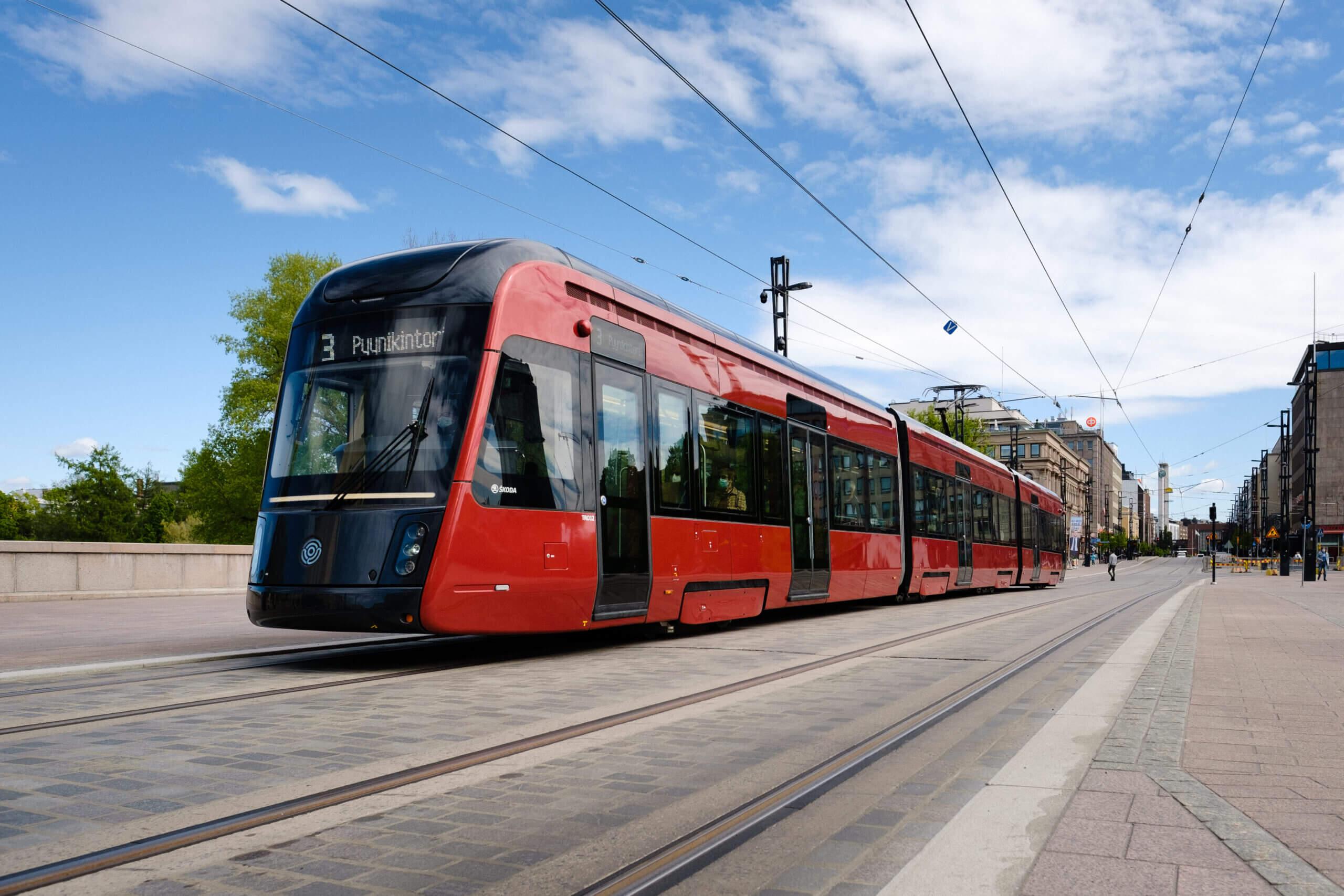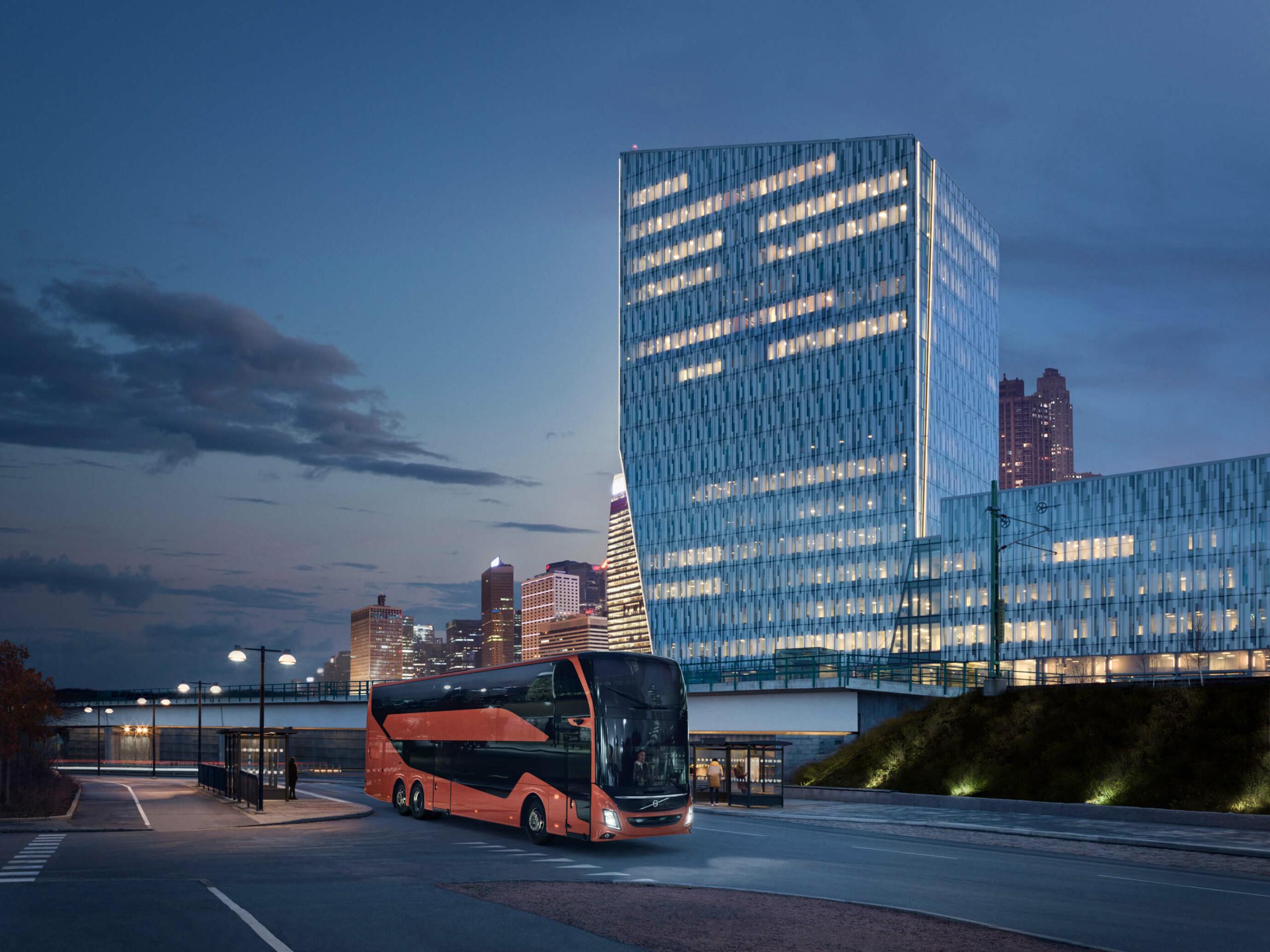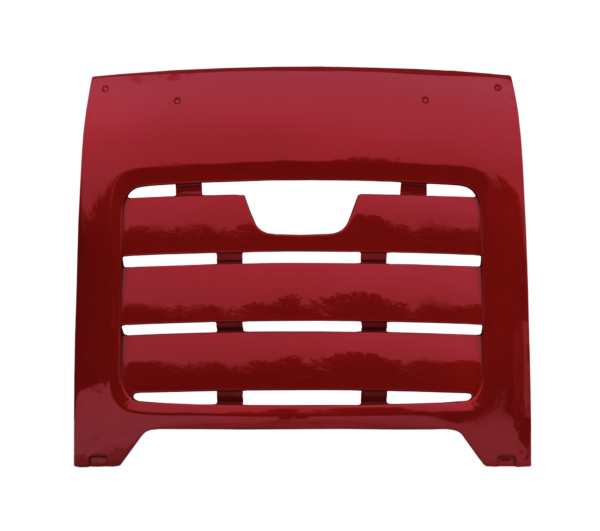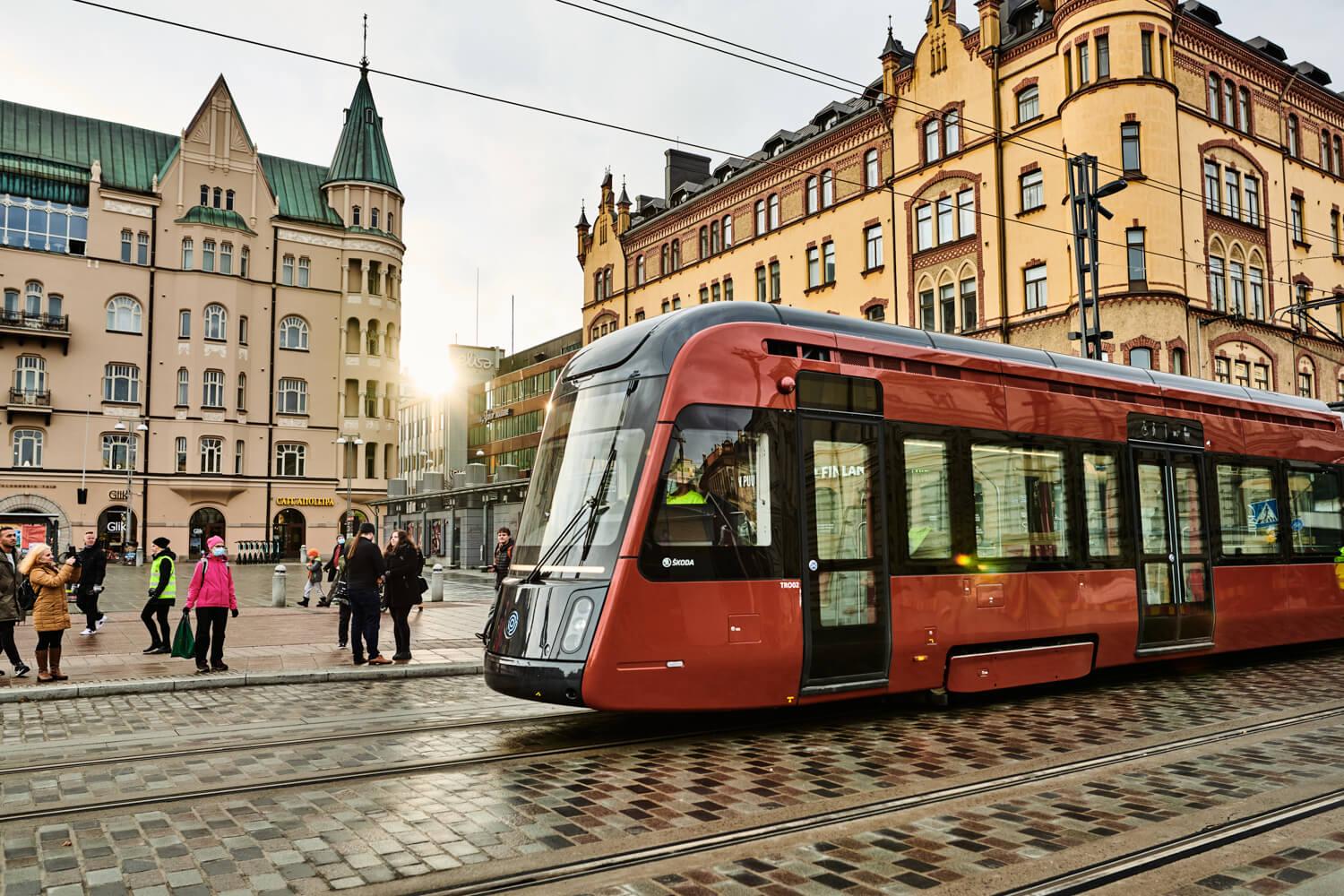Finnish LICO Oy sets an example of how composites promote sustainable mobility on land and sea. In addition to the lightness and longevity of the composites, it is essential that the company operates responsibly from design to manufacturing.

Today, LICO’s composite products are part of everyday life for millions of people — found in trains, buses, transportation vehicles, ambulances, and ships, among others. For example, in VR’s carriages, everything except glasses, benches, and steel parts is made by LICO. Generally, lightness, strength, and weather resistance are assets in mobility. When environmental friendliness is considered throughout the life cycle of the end product, the benefits of composite compared to steel and aluminium are often surprising.
“The use of composite enables solutions that reduce the need of energy. The lighter the fleet can be built, the less electricity and fuel it consumes. In many cases, it is a question of up to half the mass of the corresponding metal component. In addition, the life cycle of a composite is long”, says Jari Turunen, LICO’s Project and Design Manager.

Sustainability starts at the drawing board
Composite products can be made both durable and beautiful, giving designers freedom of choice. LICO’s experts help you find optimal composite solutions for each application in terms of environment, production, design, and user experience. It’s advisable to start the cooperation as early as possible, as the result is most influenced on the drawing board.
“In design, we take pride in the carbon handprint, i.e. how much we can reduce our carbon footprint. The choices will have an impact for decades to come. For example, some of our products have been in continuous use for ca. 30 years”, notes Turunen.

Responsible manufacturing
Once the component is designed, LICO delivers them ready for frame mounting. Concentrating on a single manufacturer reduces the need for logistics and the environmental load.
“Responsibility is a starting point expected by LICO’s customers, financiers, job seekers, and other stakeholders. They can be sure that the entire production chain is sustainable for our part as we are ISO 14001 certificated”, Turunen says.
A third party ensures that the requirements are met in the certification process. The certification is not a one-time deal but takes place through an annual maintenance audit and a recertification every three years. Most importantly, the effectiveness of the operations and the
continuous improvement of environmental management must be demonstrated in practice — for example, LICO is involved in researching the biodegradability of plastics and manufacturing from renewable raw materials. Waste is also properly managed and delivered from the press to the local cement kiln factory. In addition, the energy used by the company comes from hydro, wind, solar power, bio-based, or geothermal sources.

An electric future ahead
In the future, electric power will increase in all vehicles, fleets will be renewed on land, sea and air, the use of public transport will increase, and energy optimization will be more and more critical. Therefore, the demand for LICO’s durable and fireproof composite products is rising. The EU’s environmental objectives also write a chapter in the company’s growth story. For example, the European Commission’s low-carbon roadmap states that emissions can be reduced cost-effectively by 80% by 2050, whereas the EU also aims to be the first climate-neutral continent. The EU has also committed to reducing greenhouse gas emissions by at least 55% below 1990 levels by 2030. In addition, emissions trading in transport is expected to begin in 2027. Internal combustion engine cars will be phased out, carbon tariffs will be paid on imported products, and maritime transport will start paying for their emissions.
As a Finnish company, LICO has the best possible starting point for sustainable development.
“Finnish businesses are valued around the world. We are known not only for sustainability but also for our digital competence, innovation, business ethics and reliable governance — and as many as seven times the happiest country in the world”, Turunen says.
Read more about sustainable development in Finland.